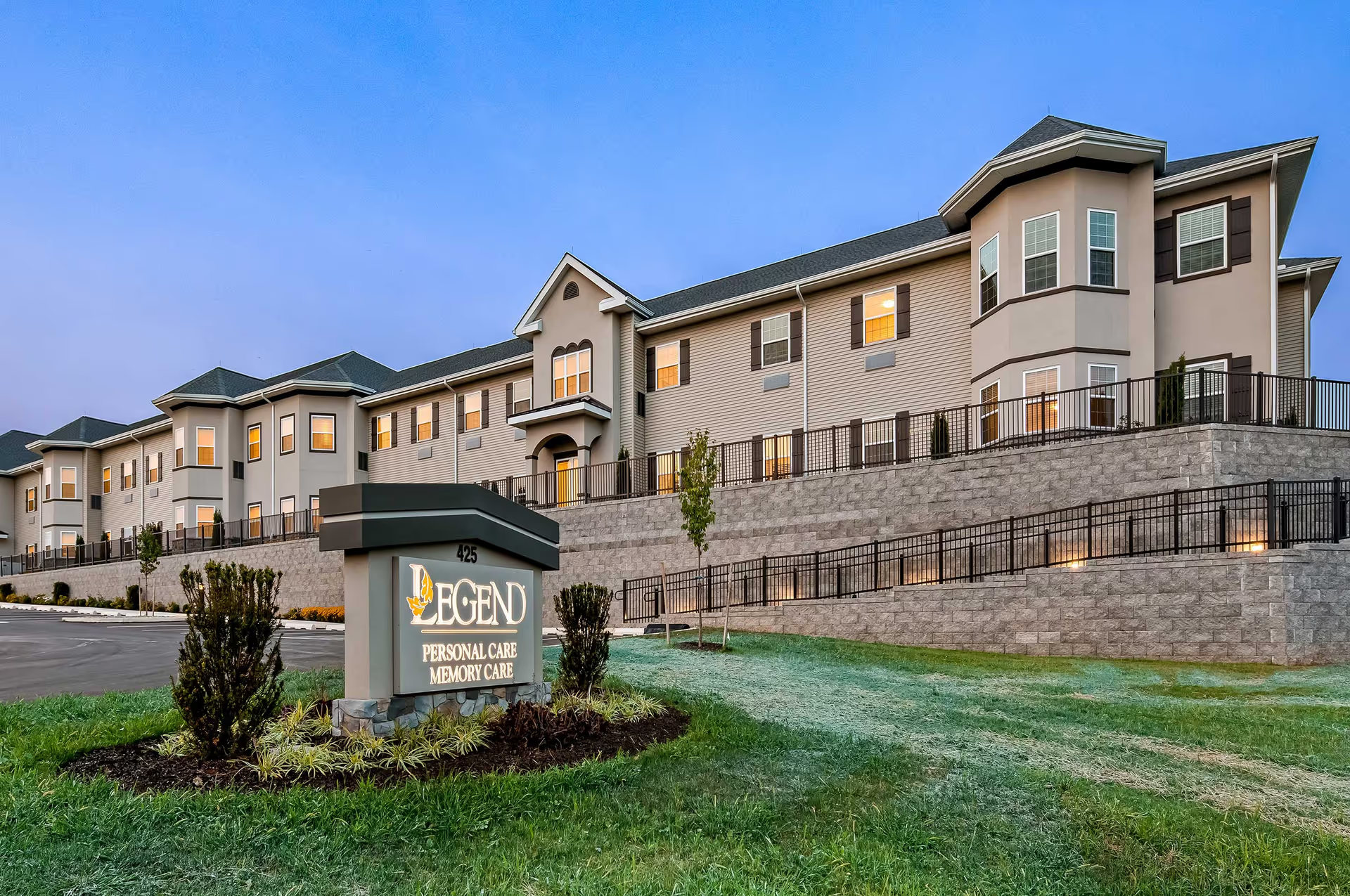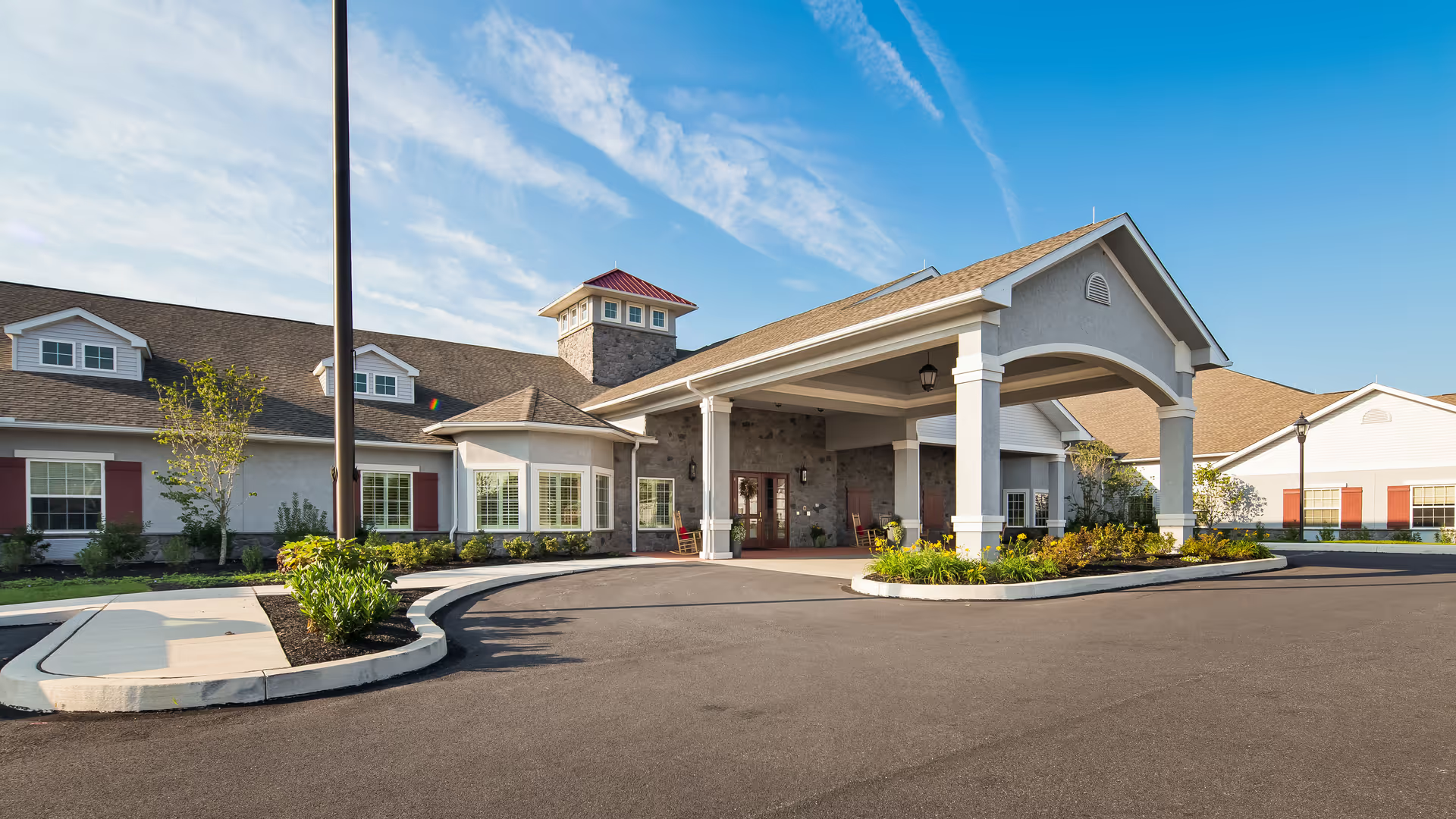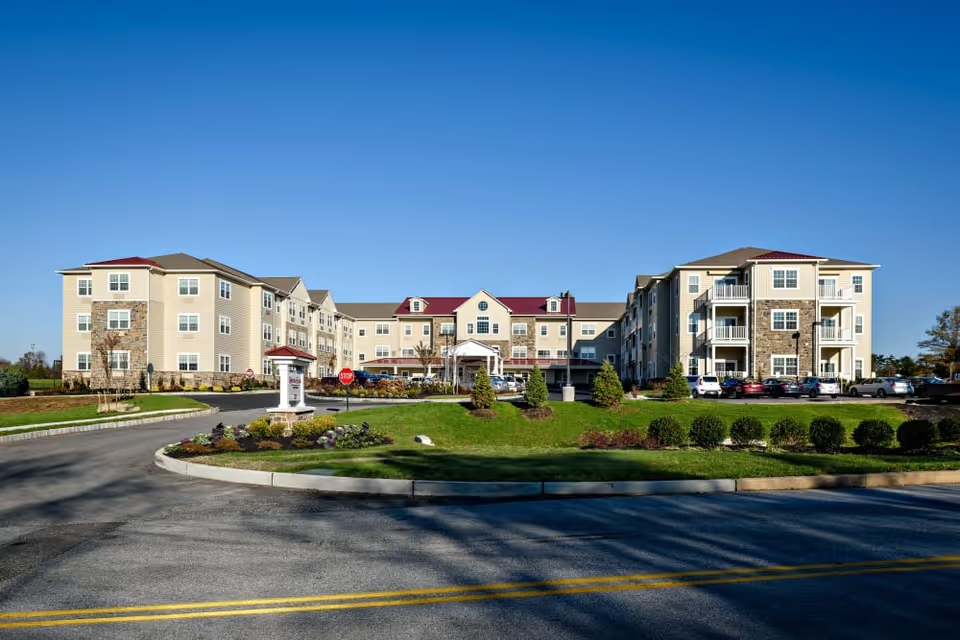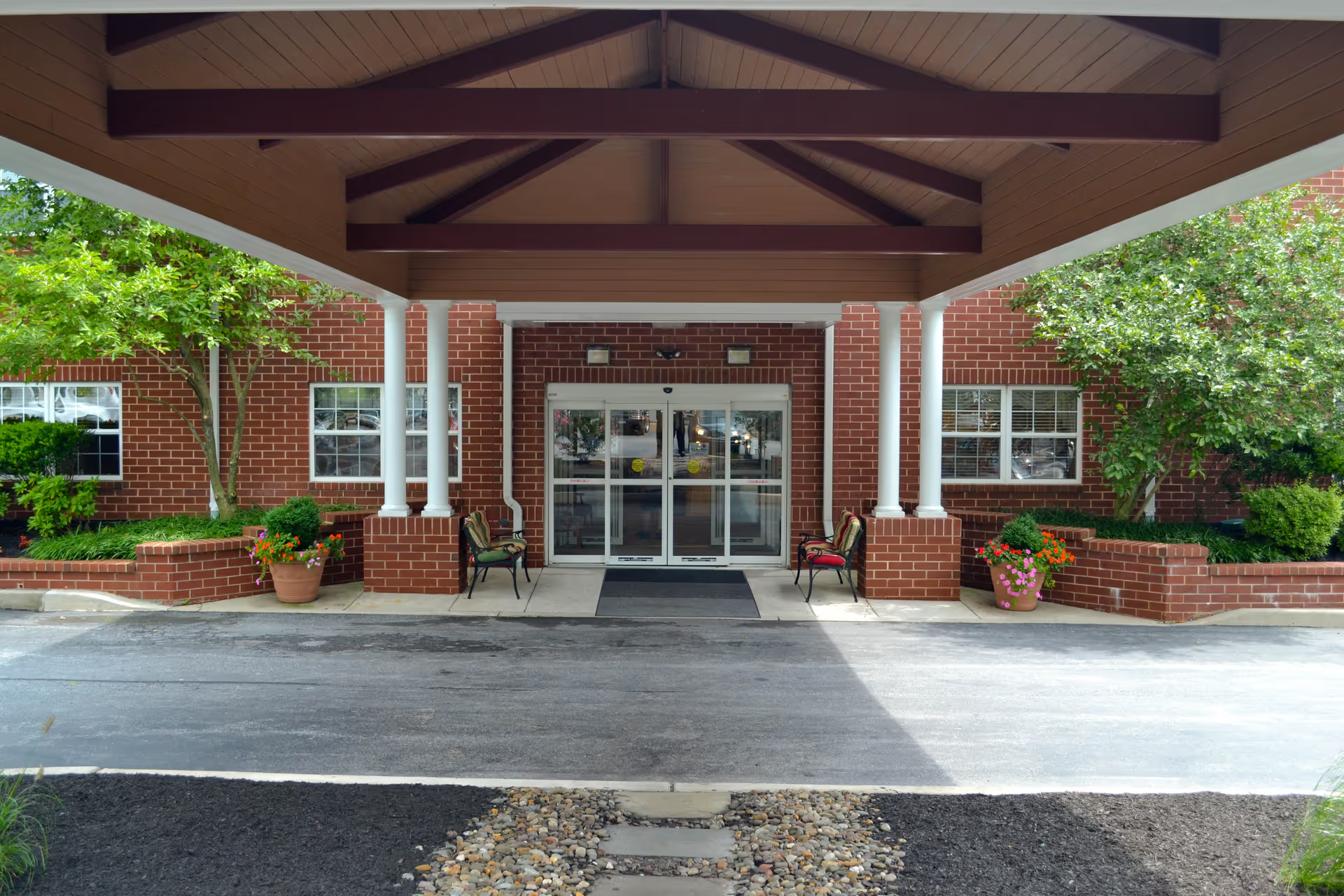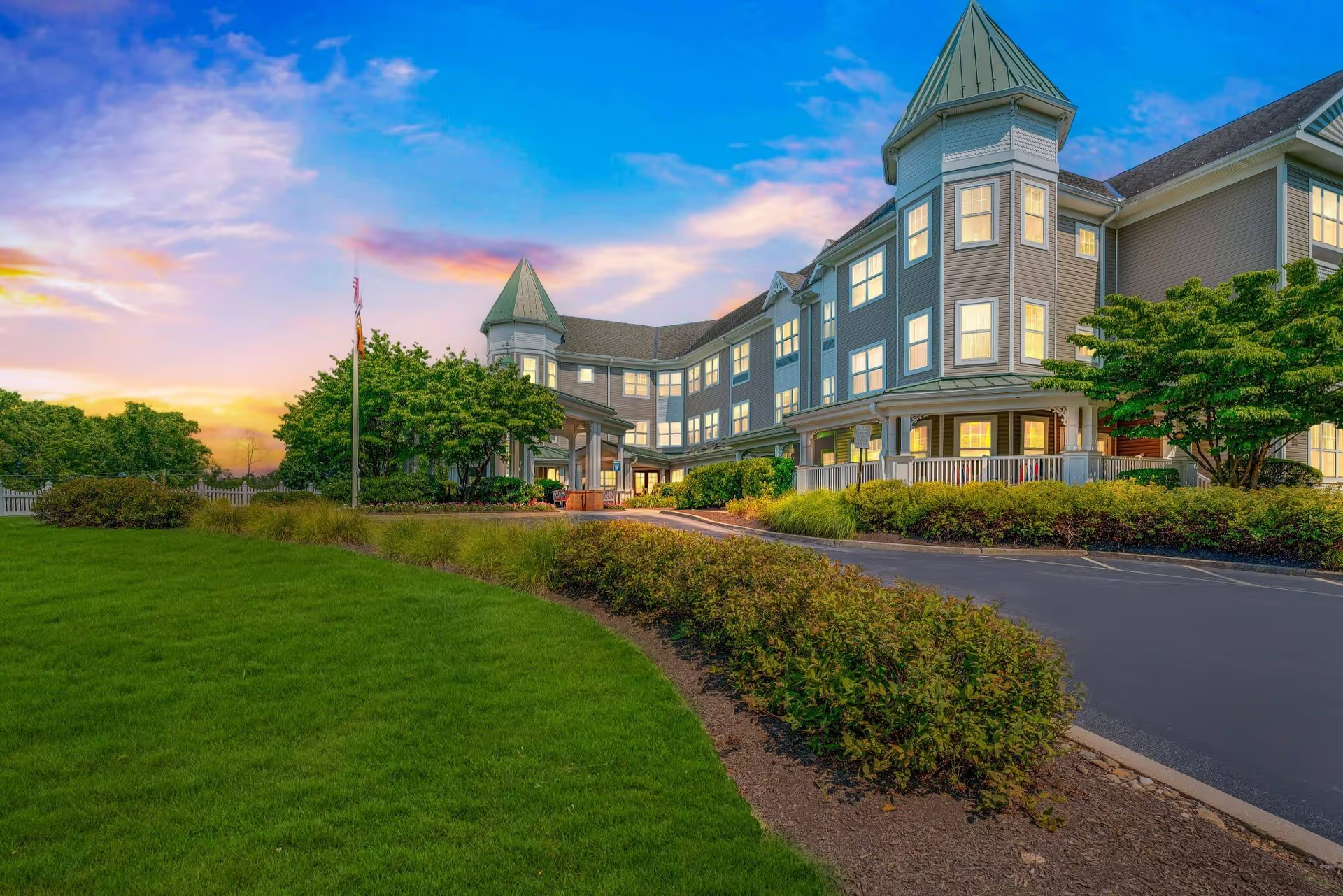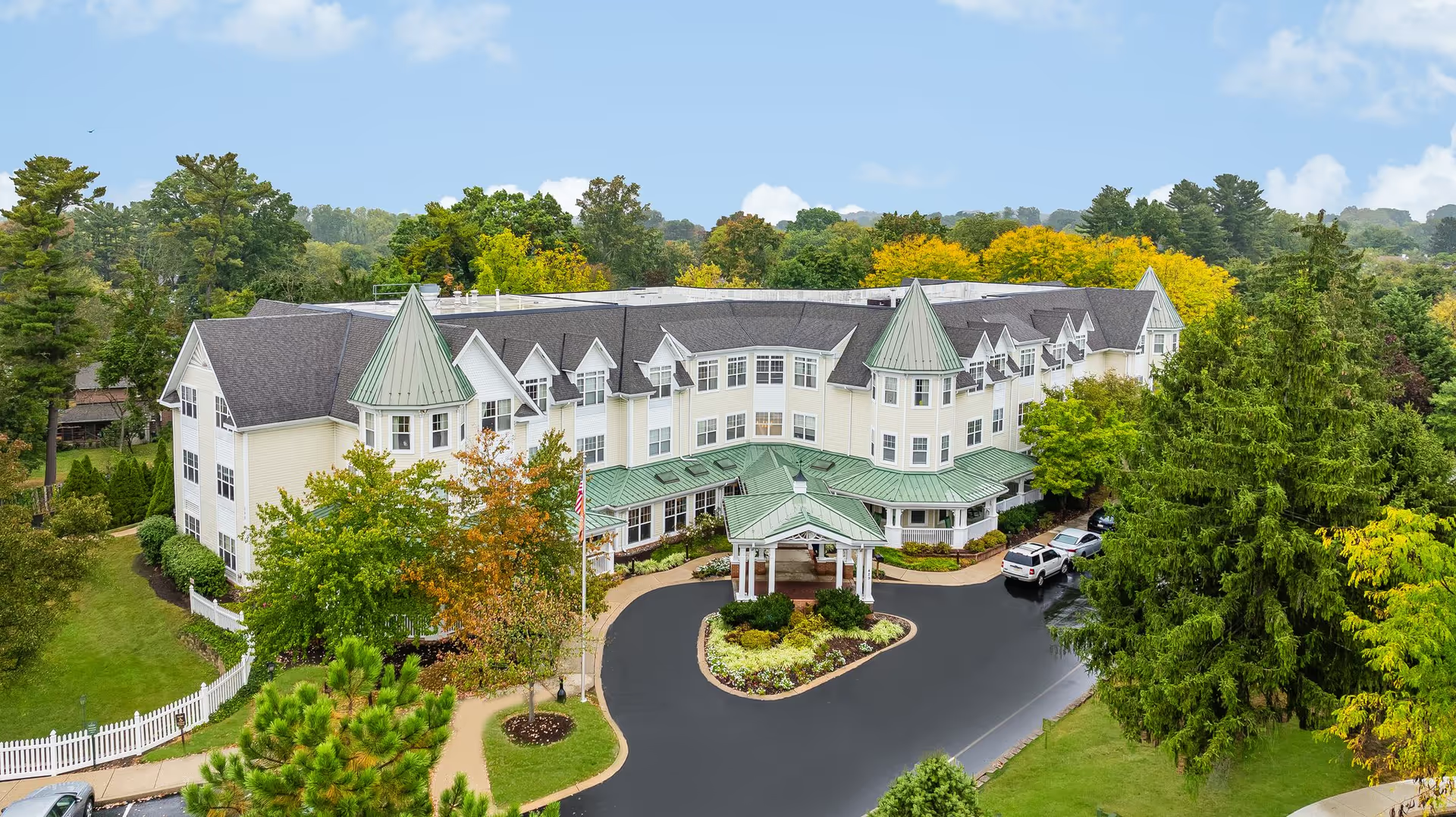Victory Assisted Living in Petersburg, VA is a small senior community with space for six residents, aiming to make life easier and safer for older adults who need some daily support, and this place offers assisted living, memory care, skilled nursing, and independent living all in one location, which means seniors can stay if their needs change. There are different types of rooms like semi-private, private suites, one-bedroom, or studio apartments, all fully furnished, with cable TV and Wi-Fi, and you'll find spaces like indoor common areas and a lush garden for fresh air and socializing. The staff provides help with daily tasks like bathing, dressing, and getting to the dining room, as well as medication management and moving around, and there's always 24-hour supervision from trained staff who make sure everyone's alright, especially folks with memory loss or dementia, who get special care in secure memory units with activities that support memory and prevent people from wandering off.
People living at Victory Assisted Living eat meals served in a dining room, and everyone gets food prepared with attention to special diets like for diabetes, so health stays in check, and the place offers housekeeping and linen services too, so there's less to worry about when it comes to chores. There are social activities every day, both in and out of the building, and transportation is set up for doctor visits and errands, plus there's help with arranging moves for new residents to make transitions easier. Seniors with complex health needs can get skilled nursing, round-the-clock care, wound care, rehabilitation, and even physical, occupational, or speech therapy on site, so people get well-rounded medical and personal support.
Victory Assisted Living makes it a point to create a cozy, friendly atmosphere, focusing on comfort, safety, dignity, and wellness, and staff work closely with healthcare providers so that each resident's care is personalized, making sure medication, nutrition, and company are always available, and family and friends can feel reassured. The community welcomes pets, is easy to get around for people with disabilities, and helps both ambulatory and non-ambulatory folks with all kinds of personal needs, which seems to give a homelike feeling rather than a hospital one. Devotional services are off-site if someone wants spiritual enrichment, and the emphasis is always on helping each person stay as independent as possible while still getting help when needed. The setting is small, which means personal care feels more like a big family than an institution, and the staff try to keep residents feeling happy, engaged, safe, and respected every day.

